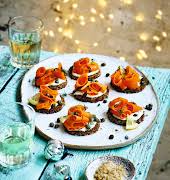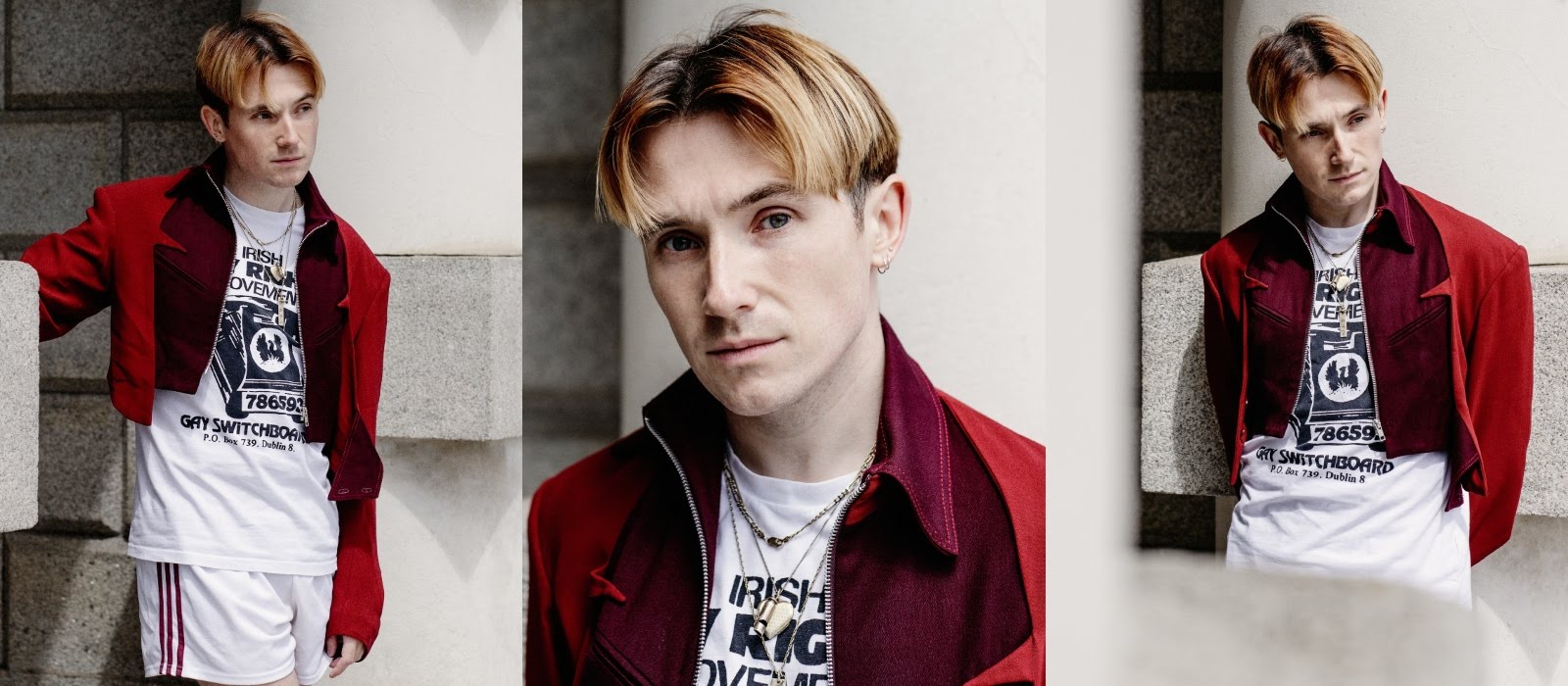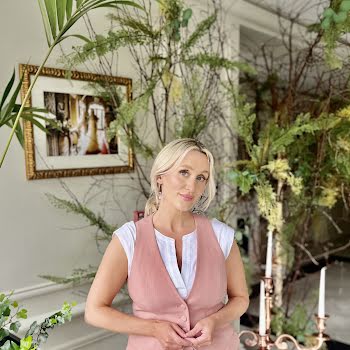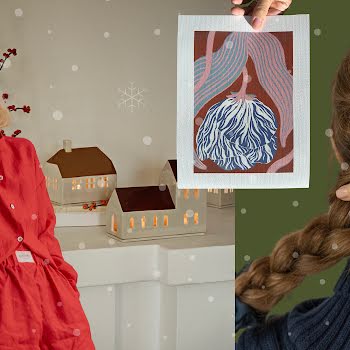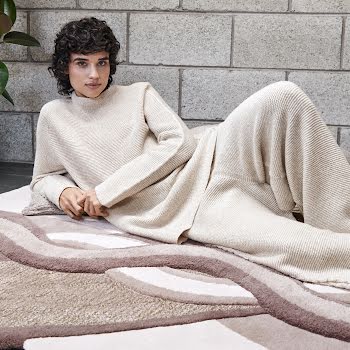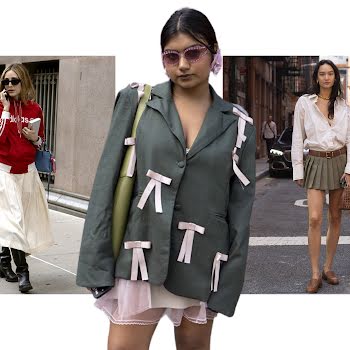
Al Higgins
Irish designer Richard Malone: ‘Fashion is this toxic system of overconsumption’
Wexford-born designer Richard Malone is averse to the noise surrounding fashion. He doesn’t wish to court hundreds of global wholesalers nor sell his identity to thousands across the globe. The small yet skilful operation he runs out of his London studio is perhaps one of the most enviable in fashion: Fashion for creation’s sake.
Sitting in his studio in Dublin’s National Gallery of Ireland, dressed down in a blue T-shirt and Prada shorts, Malone muses on the nefarious state of the industry as it stands, questioning everything from the usefulness of Fashion Week to the rise of the metaverse (he disapproves, by the way).
For the first time in almost six years, Malone was back in Ireland to complete a residency programme at the gallery, creating work on-site in response to the Giacometti: From Life exhibition, which culminated with an exhibition of his contemporary artworks in the month of August. The show, he says, was designed to “communicate without using language,” with the featured works left unmarked and open to the visitors’ interpretation.
The Giacometti project followed Making and Momentum: In Conversation with Eileen Gray, an exhibition of contemporary visual art in response to Gray’s oeuvre curated by Malone that travelled from the Irish modernist artist’s spellbinding architectural haven in Roquebrune-Cap-Martin in the South of France to Dublin’s National Museum and, finally, to Wexford’s County Council building. It is, he says, “an exhibition that wouldn’t have been possible 15 years ago,” noting the coterie of female or queer-identifying artists in the mix.
However, for all his recent undertakings as a multidisciplinary artist, many will recognise Malone for his unique approach to fashion. From his signature nipped waists and rounded shoulders to his unwavering commitment to the best sustainability practices he can access, in addition to riffing on clothing codes that reflect his working-class background, the Wexford native has spent almost a decade defining a new kind of anti-fashion.
I didn’t want to make my working-class or queer identity something to sell.
Free from the shackles of trends and commercial constraints, his autumn/winter 2022 collection traces Malone’s signatures in fabric, cut and colour. Crafted from recycled and deadstock fabrics, in addition to traceable merino and regenerative jersey, the material composition of the collection prioritises locally made fabrics and are produced by artisans who are guaranteed the London living wage. Technically, the wrap, ties and drapery evoke Malone’s desire to toy with the proportions of the body and study how it exists in spaces. Elsewhere, his sensitivity to colour is seen in a palette of deep purples, sea greens and rusted gold tones. Malone spoke about juxtaposing something deeply contemporary with the frivolity of the 17th century French court.
Strictly limited runs of the garments will be produced from existing fabrics, alongside custom commissions. Unlike other designers, Malone will not mass-produce anything. “I didn’t want to make my working-class or queer identity something to sell,” he says.
That being said, Malone isn’t unaware of the luck he has struck in his career. In the fashion industry, success is contingent on financial capability more so than it is talent. Malone, from a working-class background in Co Wexford, was born into a world removed from the plush salons and glossy storefronts in which fashion typically exists. A gilded designer, he has manoeuvred his career with the help of windfalls from the likes of the LVMH Grand Prix Scholarship at university and, recently, the Woolmark Prize, alongside some loyal clients like Farshid Moussavi and Björk.
He notes how “out of the group of the designers that I graduated from Central Saint Martins with, the ones that are remaining are the ones that came from money. I’m an exception to that. If a certain prize didn’t come when it did, the work would have stopped there. It’s scary to think that you can spend your career treading that line.”
“There needs to be more space for talking about class in fashion. It’s not what it used to be, it’s this toxic system of overconsumption. Fashion should be an invitation in,” he says. A holistic practice, to understand Malone’s modus operandi is something that extends beyond fashion – “I’ve never seen what I do as work” – but skewers visual arts, ethics and society. Most apparently, it explains how resolutely disinclined he is towards trends.
“Trends are something that I’ve never believed in,” Malone says. He advises people to dress “only for themselves; not for others’ desire or validation. You should bring all your craft, identity, history of place or upbringing with you. It’s crazy to me watching humans adapt to uniforms.”
He comments on the short-term, capitalist venture of trends, lamenting that most fashion nowadays is responsive to trends whether it’s something from TikTok or even body image, in light of the resurgence of problematic 1990s and 2000s fashion campaigns which famously exploited female celebrities and often infantilised and fetishised women. “That’s why we have such a disconnect with fashion and humanity: we miss reality. It’s the same ‘ick’ that many people get from a show like Love Island, which tells people that queer relationships aren’t valid; it’s horrible. Anything that capitalises and sells human behaviour is a red flag for me,” explains Malone, admitting that he has never seen an episode of the show.
With his unbridled dedication to artistic intention, Malone turns his back on the corruptive systems of social media and courts the mainstream fashion industry on his own terms. In the months ahead, Malone is plotting future artistic endeavours, while working on commissions from clients. This autumn, he will show his spring/summer 2023 collection, most likely in a display separate from Fashion Week. His stance speaks to a desire to not conform, for the sake of his work. “People are fatigued from seeing clothes and trends,” he remarks. “It’s nice to do something that can live separately from that.”
While other designers might consider Fashion Week as a necessity, Malone is respected for his steadfast belief in carving a space for himself in a punishing industry that churns out newness as quick as it tosses out the memory of last season, and designers without the monetary backing to keep going. It is a delicate balance to resist the system, but one that looks so effortless on a consummate creative and storyteller. Malone says, “You can survive outside of the system. You won’t be rich, but you might just be content and you’ll be independent, which feels like the only luxury left.”
Photography by Al Higgins. This article originally appeared in the Autumn 2022 issue of IMAGE Magazine.





